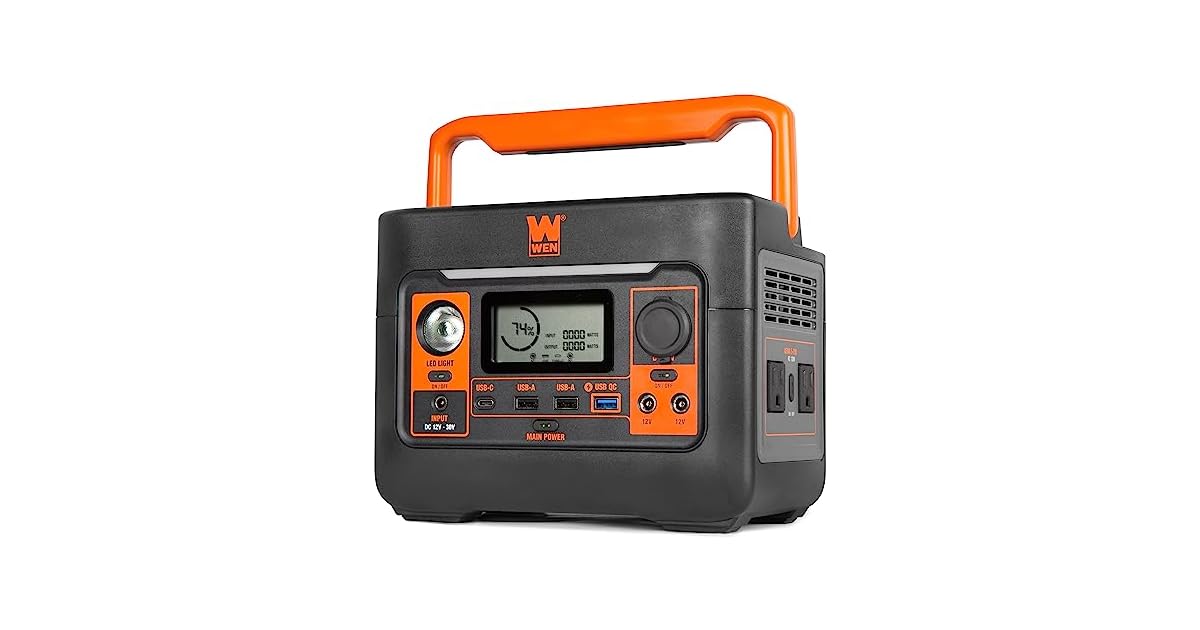The agricultural industry has long been reliant on innovation to meet the growing global demand for Steel Corn. As challenges such as climate change, population growth, and resource scarcity continue to rise, farming techniques must evolve. One of the latest developments in agricultural technology is the concept of steel corn. But what exactly is steel corn, and how could it revolutionize modern farming practices?
Steel corn is an emerging concept that merges traditional crop-growing techniques with innovative technology and materials. While it may sound like a science fiction idea, steel corn could offer a new solution to several critical issues facing farmers today, from improving crop yield to enhancing the resilience of corn plants.
In this article, we’ll explore the fascinating idea of steel corn, its potential benefits, and how it could become a game-changer in modern agriculture. Is steel corn the answer to some of the most pressing challenges in farming, or is it just another agricultural fad?
What Is Steel Corn?
At its core, steel corn is not an entirely new type of corn plant, but rather a concept that focuses on genetically modifying corn or incorporating advanced materials into its cultivation to enhance its robustness and adaptability. Steel corn refers to corn plants that are designed to be more resilient and resistant to the environmental pressures that typically hinder crop production, such as pests, diseases, and extreme weather conditions.
The idea behind steel corn is to fortify the corn plant with the properties of steel, either by incorporating materials or genetic modifications that make the plant stronger, more resistant to damage, and more capable of thriving in various conditions. The goal is to create a hybrid crop that combines the best of biology and engineering to meet the needs of modern agriculture.
How Could Steel Corn Improve Agriculture?
1. Enhanced Durability Against Harsh Conditions
One of the key promises of steel corn is its ability to thrive in tough agricultural environments. Many crops, including corn, are highly vulnerable to environmental stress such as drought, flooding, and extreme temperatures. Steel corn, through advanced genetic engineering or materials integration, could be designed to tolerate these extreme conditions better than traditional crops.
By making the plant more durable, steel corn could help farmers adapt to unpredictable weather patterns, which have become more frequent due to climate change. This resilience could be particularly crucial in regions that are prone to extreme weather, ensuring more reliable crop yields in challenging environments.
2. Pest and Disease Resistance
Corn is susceptible to a variety of pests and diseases that can destroy crops. From the corn borer to fungal infections, farmers have to use chemicals to manage these risks, which can be both costly and environmentally harmful. Steel corn could potentially be designed with built-in resistance to these pests and diseases, reducing the need for harmful pesticides and fertilizers.
Through genetic modification, scientists could integrate specific traits that deter pests or make the plant naturally resistant to certain diseases. This would not only lead to more sustainable farming practices but also lower the cost of crop production for farmers, benefiting both the environment and the economy.
3. Increased Yield and Efficiency
Another major advantage of steel corn is the potential for increased crop yields. With the incorporation of advanced materials and genetic modifications, steel corn could grow more efficiently, maximizing the output per acre of land. This could be especially important in areas where arable land is limited or where the demand for corn is rapidly increasing.
By improving the plant’s ability to absorb nutrients, resist diseases, and withstand extreme weather, steel corn could significantly enhance overall agricultural productivity, helping farmers to meet the needs of a growing global population.
4. Reduced Resource Consumption
In traditional farming, resources like water, land, and energy are crucial to growing crops. With the durability and resilience of steel corn, the plant may require fewer resources, leading to a reduction in resource consumption. For example, steel corn could be engineered to use water more efficiently, reducing the impact of droughts and alleviating some of the pressure on water resources.
Moreover, because steel corn would be less susceptible to environmental stress, farmers may not need to use as many fertilizers or pesticides, resulting in a more sustainable agricultural system. These benefits could help address the growing concerns about resource depletion and environmental degradation.
What Are the Potential Challenges of Steel Corn?
While the idea of steel corn offers numerous potential benefits, it is not without its challenges. Implementing this type of crop on a large scale could require addressing several obstacles:
1. Ethical Concerns
The genetic modification of crops, especially at the scale required for steel corn, raises significant ethical questions. Some critics argue that altering the genetic makeup of plants could have unforeseen consequences, both for the environment and for human health. Although the goal is to create more resilient crops, there is always the possibility that new genetic traits could introduce unintended side effects.
Moreover, concerns over corporate control of genetically modified crops could arise. Large agribusinesses may dominate the market for steel corn, leading to monopolies or limiting access for small-scale farmers. The debate over genetically modified organisms (GMOs) remains contentious, with some arguing that the risks outweigh the benefits.
2. Regulatory Hurdles
Another significant challenge is the regulatory framework that governs genetically modified crops. Countries around the world have different regulations in place regarding GMOs, with some nations being more permissive and others imposing strict controls. Before steel corn could be adopted on a global scale, it would need to undergo rigorous testing and regulatory approval in various countries.
The approval process for GMOs can be time-consuming and expensive, potentially delaying the widespread adoption of steel corn. Additionally, the public’s acceptance of genetically modified crops can vary, with some consumers expressing concerns about the safety and environmental impact of these technologies.
3. Potential Impact on Biodiversity
Introducing genetically modified crops into the environment could have unintended effects on biodiversity. If steel corn were to cross-pollinate with non-GMO corn or other plants, it could lead to changes in local ecosystems. For example, the introduction of resistant traits could alter the natural relationships between plants and pollinators or disrupt the balance of local pests and predators.
It is crucial to ensure that the benefits of steel corn do not come at the expense of biodiversity. Careful management and monitoring would be required to assess the long-term ecological impact of introducing genetically modified crops into the wild.
Is Steel Corn the Future of Agriculture?
Given the numerous benefits it offers, steel corn could indeed be a game-changer in agriculture. The ability to increase crop yields, reduce resource consumption, and create more resilient plants would help farmers meet the challenges posed by climate change and a growing global population.
However, the road to widespread adoption of steel corn is not without its challenges. Ethical considerations, regulatory approval, and potential environmental impact must be carefully evaluated before steel corn can be implemented on a large scale. The technology is still in its infancy, and much research is needed to fully understand its long-term effects.



